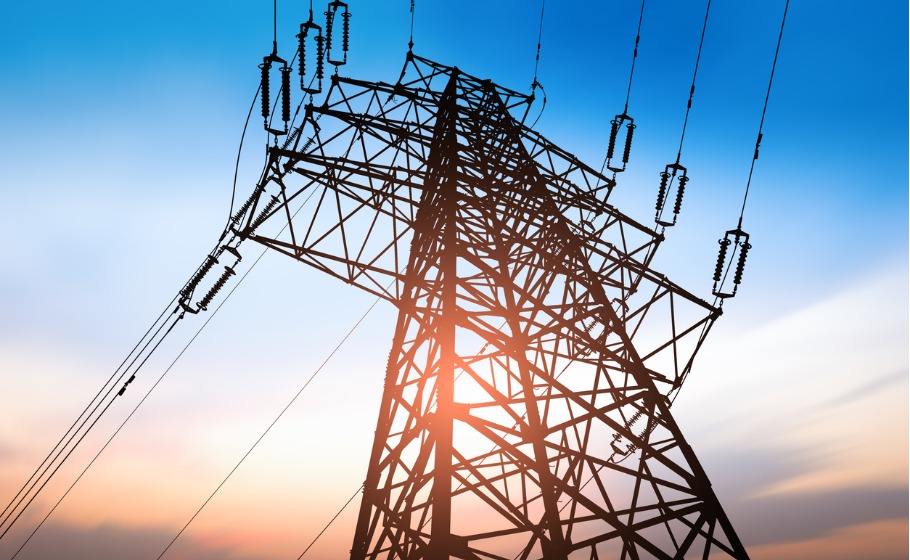
Why Electricity Bill, 2022 is seen to threaten state agencies' powers
Bill has not been placed on the Power Ministry’s website and neither have comments been sought, say critics; there's concern that the Bill may challenge the federal structure

Criticism against the Electricity (Amendment) Bill, 2022, which the government is planning to table in the Monsoon Session of Parliament, has been growing by the day. In the latest development, the All-India Power Engineers’ Federation (AIPEF) has threatened to launch a countrywide agitation if the Bill is tabled without prior consultations.
In another area of concern, the Bill is seen to usurp the power of the states and concentrate them with the Union government and its agencies. Electricity is a concurrent subject under the Constitution, hence the new Bill, if passed, is seen to hurt the federal system, too.
However, last month, Union Power Minister RK Singh said that everybody — all ministries, and stakeholders — is on board for the amendments to the Electricity Act. He said the Bill provides for de-licensing of the distribution business to promote competition, appointment of a member from law background in every commission, and strengthening of the Appellate Tribunal for Electricity (APTEL), and prescribes the rights and duties of consumers.
‘No time given for comments’
This, though, has been contested by AIPEF chairman Shailendra Dubey. In a letter to the Minister, he pointed out that the Bill is yet to be placed on the Power Ministry’s website and also does not contain the statement of objects and reasons to amend the Electricity Act, 2003. Neither have comments been sought or any time given for comments from the stakeholders.
Also read: How the new electricity bill plans a ‘power’ cut of states
The AIEPF, he said, had sent a letter to the chief ministers of all the states and urged them to make effective intervention to stop this amendment Bill of far-reaching consequences. A letter has also been sent to RK Singh, demanding that the recently released Bill not be introduced in haste. Instead, it should be discussed in detail with all the stakeholders, especially electricity consumers and electricity workers, he added.
The AIPEF has urged the chief ministers to persuade the Union government not to table the controversial Bill during the Monsoon Session. “A meeting of the National Coordination Committee of electricity employees and engineers has been called in Delhi on July 20, in which the decision on the nationwide movement against the bill will be taken,” Dubey said in Lucknow earlier this week.
“When the Electricity Act, 2003 was enacted, the Electricity Bill, 2001 was sent to the Standing Committee of the Parliament, and long talks were held for two years with all the stakeholders. Now, if any amendment is required in the Electricity Act, 2003, then the same method should be adopted,” he demanded.
The key objections
He said the Bill will not give a choice to consumers but to the private electricity supplying companies. There is a provision in the Bill that only the government company will have a universal power supply obligation, which means the government alone will provide electricity to all categories of consumers.
On June 30, the People’s Commission on Public Sector and Services (PCPSS) had also expressed concerns about the Bill. According to the PCPSS, the Bill leads to an assault on the federal structure of the Constitution, says a report in The Leaflet.
As the Bill introduces the concept of “distribution company” instead of “distribution licensee”, the PCPSS has expressed the concern that companies may get into the electricity distribution business by default. A distribution company would only require registration to trade in electricity, which after 65-70 days of the application, would be deemed to be granted.
This, the PCPSS says, is a dangerous prospect, as it can open up the floodgate of corruption and favouritism, and can put the consumers at grave risk. The concept of “distribution licensee” would require granting permission to carry out that activity, which would require due diligence by the Electricity Regulatory Commission to satisfy itself as to the competence and capacity of the company.
The Bill also provides for multiple private-owned distribution companies to co-exist with state-owned distribution companies. Cross-subsidising consumers will shift to private companies while subsidised consumers will remain with government companies, leading to a heavy burden on the state exchequer.
‘RPO to favour corporates’
The Power Minister had said last month that there will be a separate Renewable Purchase Obligation (RPO) for wind energy for boosting this clean source. Under the RPO, bulk purchasers like discoms, open access consumers and capacitive users are required to buy a certain proportion of renewable energy. They can also buy RECs from renewable energy producers to meet the RPO norms.
This, according to PCPSS, is being done to favour large centralised solar plants owned by corporate business houses and crony capitalists, some charging very high tariffs as per pre-existing PPAs.
The Bill mandates Central Electricity Regulatory Commissions to discharge such other functions as may be assigned under the Act or as may be prescribed by the Union Government. It is claimed that this vesting of undefined powers with the Union government will severely compromise the functioning of CERCs, making them subordinate entities of the government instead of autonomous bodies.
Also read: Electricity theft: Punjab power corp imposes Rs 59.11 lakh fine against 92 consumers
Power concentration with Centre
The Bill also usurps the power of the states, and concentrates them with the Union government and its agencies despite the fact that electricity is a concurrent subject under the Constitution.
According to PCPSS, with CERC issuing registration for multi-state distribution companies, SERC’s role will get drastically reduced while the responsibility of operations and maintenance of the distribution infrastructure would remain with the state.


